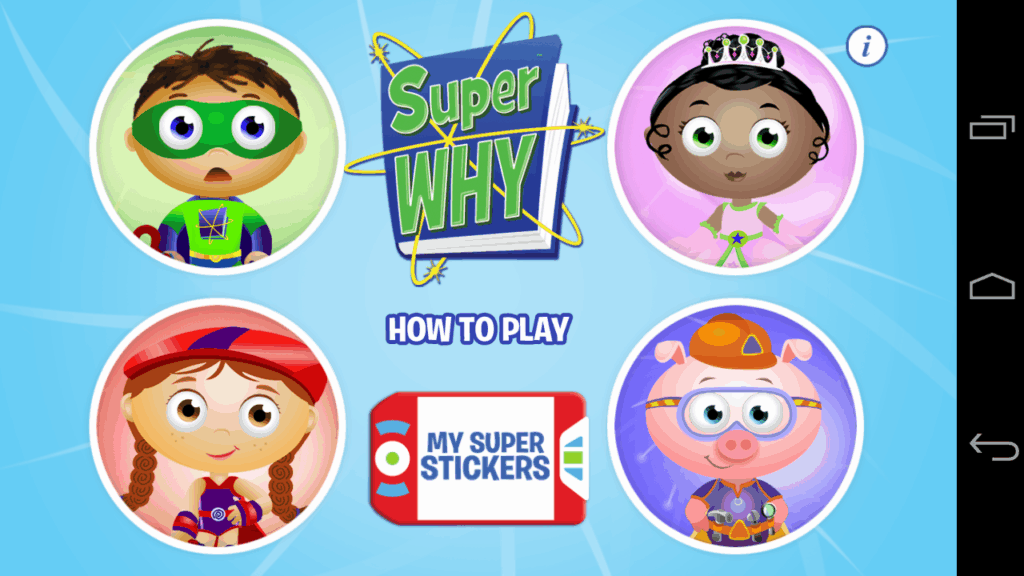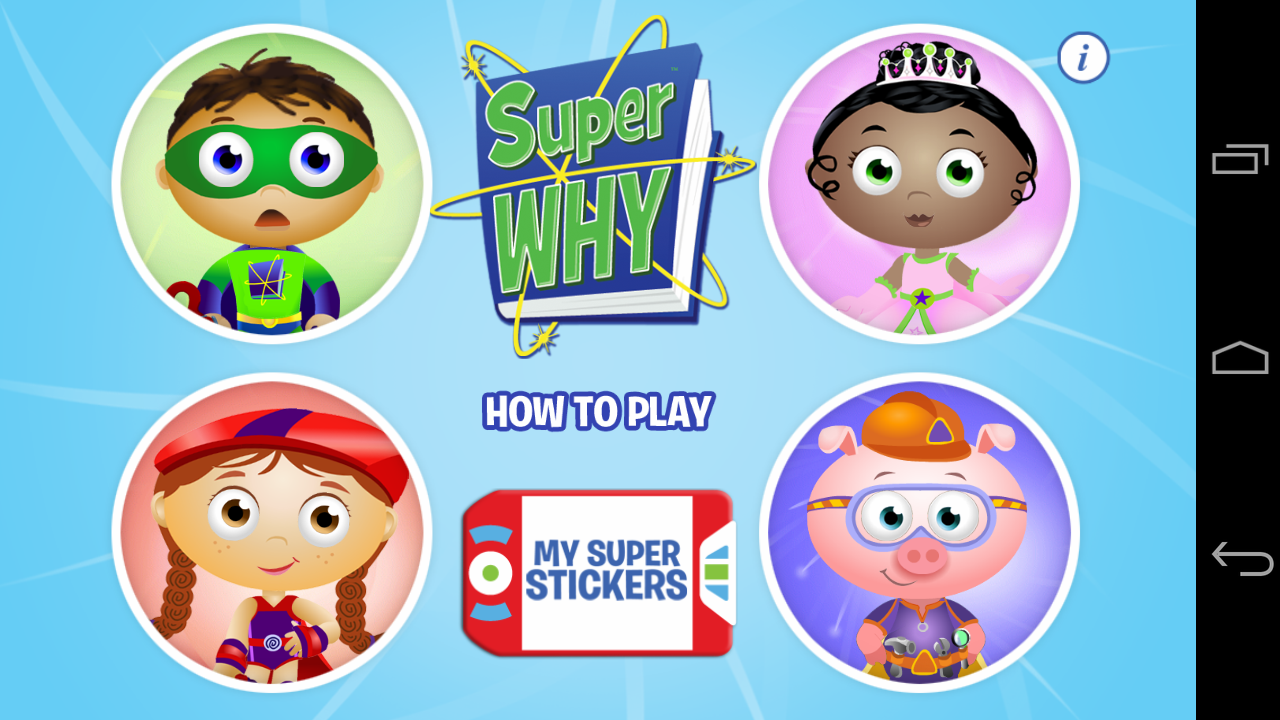
Why Kids? Exploring the Multifaceted Reasons Behind Parenthood
The question, “Why kids?” is a deeply personal and complex one. It’s a query that resonates with individuals and couples contemplating parenthood, sparking introspective reflection on motivations, societal pressures, and the profound impact children have on our lives. This article delves into the multifaceted reasons behind the decision to have kids, exploring the emotional, social, and personal factors that influence this life-altering choice. Understanding the ‘why’ behind wanting kids is crucial for prospective parents to make informed and fulfilling decisions. We will examine various perspectives on ‘why kids’ are desired and the realities of raising them in today’s world.
The Emotional and Psychological Dimensions of Wanting Kids
For many, the desire for kids stems from a deep-seated emotional need to nurture and love. The unique bond between parent and child is a powerful draw. This primal instinct is often coupled with the desire to experience the unconditional love and joy that children bring. The emotional fulfillment derived from watching a child grow, learn, and develop is a significant motivator for many parents. Having kids offers a unique opportunity to shape a young life and witness the world through fresh, innocent eyes.
Psychologically, parenthood can offer a sense of purpose and meaning. Raising kids provides a tangible goal, a legacy to leave behind, and a way to contribute to future generations. The challenges and rewards of parenting can also foster personal growth, resilience, and a deeper understanding of oneself. The experience of having kids often leads to increased empathy, patience, and a broadened perspective on life.
Societal and Cultural Influences on the Decision to Have Kids
Societal norms and cultural expectations often play a significant role in the decision to have kids. In many cultures, parenthood is considered a rite of passage and a fundamental aspect of adult life. The pressure to conform to these expectations can be strong, particularly for women. Family traditions and the desire to carry on the family name can also influence the decision to have kids.
However, societal attitudes towards parenthood are evolving. Increasingly, individuals and couples are choosing to delay or forgo having kids altogether. This shift is driven by factors such as career aspirations, financial concerns, environmental worries, and a greater emphasis on personal freedom and fulfillment. The decision to have kids is becoming more of a personal choice, rather than a societal obligation.
The Practical Considerations of Having Kids
While the emotional and social aspects of wanting kids are important, practical considerations also play a crucial role. Raising kids is a significant financial undertaking. The costs of childcare, education, healthcare, and basic necessities can be substantial. Prospective parents need to carefully assess their financial stability and ability to provide for their children’s needs.
Time constraints are another major consideration. Raising kids requires a significant investment of time and energy. Parents need to be prepared to juggle work, family responsibilities, and personal commitments. The demands of parenthood can be particularly challenging for working parents and single parents. Support systems, such as family, friends, and community resources, are essential for navigating the challenges of raising kids.
The Impact of Kids on Relationships
Having kids can profoundly impact relationships, both positively and negatively. The shared experience of raising children can strengthen bonds between partners and create a deeper sense of intimacy. However, the stress and demands of parenthood can also strain relationships. Communication, compromise, and mutual support are essential for maintaining a healthy and fulfilling relationship after having kids.
It’s important for couples to discuss their expectations and parenting styles before having kids. Disagreements over child-rearing practices can lead to conflict and resentment. Seeking professional counseling or attending parenting classes can help couples navigate the challenges of co-parenting and strengthen their relationship.
The Joys and Challenges of Raising Kids
Raising kids is a journey filled with both immense joy and significant challenges. The rewards of witnessing a child’s growth, development, and achievements are immeasurable. The unconditional love, laughter, and companionship that children bring can enrich our lives in countless ways. However, parenthood also involves sleepless nights, endless messes, and constant worry. The challenges of raising kids can be overwhelming at times, but they are also opportunities for personal growth and resilience.
One of the biggest challenges of raising kids is navigating the ever-changing landscape of childhood. From toddler tantrums to teenage angst, parents must adapt to the evolving needs of their children. Setting boundaries, enforcing discipline, and providing guidance are essential for raising well-adjusted and responsible individuals. [See also: Effective Parenting Strategies] It’s also important to foster a child’s individuality, creativity, and independence.
The Future of Parenthood: Evolving Perspectives on Why Kids
The decision to have kids is becoming increasingly complex and multifaceted. As societal attitudes evolve and personal priorities shift, the reasons behind wanting kids are becoming more diverse. Some individuals and couples are choosing to have kids later in life, while others are opting for alternative family structures, such as adoption or surrogacy. The rise of technology and social media is also influencing the way we think about parenthood, offering new opportunities for connection and support, but also presenting new challenges.
Ultimately, the decision to have kids is a deeply personal one. There is no right or wrong answer. What matters most is that the decision is made consciously, deliberately, and with a clear understanding of the emotional, social, and practical implications. For those who choose to embark on the journey of parenthood, the rewards can be immeasurable. Having kids can bring joy, fulfillment, and a deeper sense of purpose to our lives. The question of ‘why kids’ is answered differently by everyone, and each answer is valid. The reasons ‘why kids’ become part of a family are as unique as the families themselves.
Understanding ‘why kids’ are desired is a starting point. It is important to consider the commitment, resources, and lifestyle adjustments that come with raising them. Having kids is a lifelong commitment, and the decision should not be taken lightly. [See also: Preparing for Parenthood] It requires careful planning, open communication, and a willingness to adapt to the ever-changing needs of children.
Making the Informed Choice About Having Kids
The most important aspect of deciding ‘why kids’ are right for you is to be informed. Research, talk to parents, and consider your own values and priorities. Having kids is a major life decision, and it deserves careful consideration. Don’t let societal pressure or fleeting emotions dictate your choice. Make a decision that aligns with your long-term goals and values.
In conclusion, the question of ‘why kids’ is a profound and personal one. The reasons for wanting kids are as diverse as the individuals who contemplate parenthood. Whether driven by emotional needs, societal expectations, or a desire to create a legacy, the decision to have kids is a life-altering one. By carefully considering the emotional, social, and practical implications of parenthood, prospective parents can make informed and fulfilling choices that align with their values and aspirations. The journey of raising kids is filled with both joys and challenges, but for many, it is the most rewarding experience of their lives.

